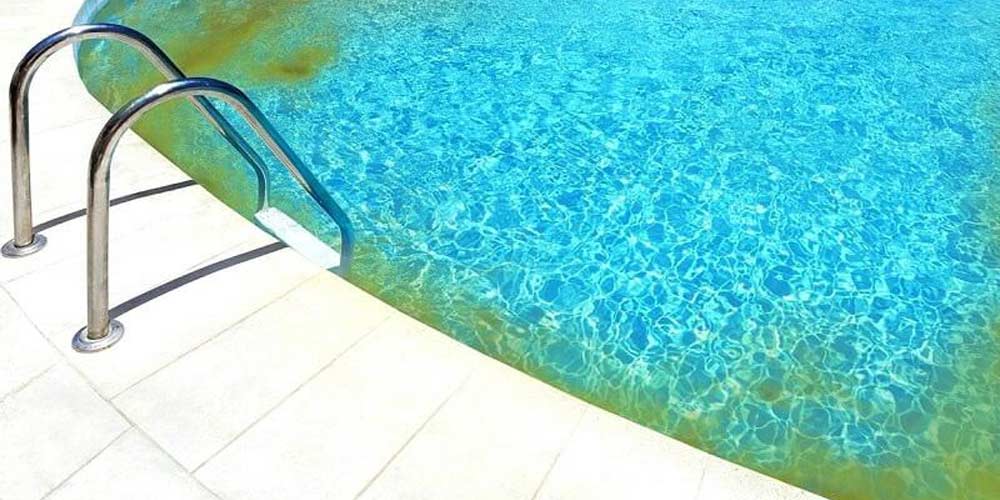In the scorching heat of summer, swimming pools provide a refreshing oasis for families and friends to gather and beat the heat. However, maintaining a clean and clear pool can sometimes be a daunting task. One common question that often arises among pool owners is whether they need to use algaecide in their pools. In this article, we’ll explore the role of Algaecide in Pool Maintenance and provide expert advice on whether it’s a necessity for your pool.
Algaecide, in essence, is a chemical formulation designed to prevent and combat algae growth in swimming pools. Algae are microscopic organisms that can quickly turn your sparkling pool water into a murky green mess if left unchecked. They thrive in warm and stagnant water, making pools an ideal breeding ground.
The decision to use algaecide largely depends on your pool’s specific conditions and your maintenance routine. Here are some key factors to consider:
Location and Climate: Pools in regions with hot and humid climates are more susceptible to algae growth. If you live in such an area, using algaecide as a preventive measure during the summer months might be a wise choice.
Pool Usage: Pools that receive heavy usage, such as those in resorts or community centers, may benefit from regular algaecide treatments to prevent outbreaks, as high bather load can introduce contaminants that promote algae growth.
Maintenance Practices: Diligent pool maintenance, including regular water testing, cleaning, and proper filtration, can significantly reduce the need for algaecide. A well-maintained pool with balanced water chemistry is less likely to develop algae problems.
Type of Algae: Not all algae are created equal. Green, yellow/mustard, and black algae are the most common types found in pools. Some are more stubborn than others and may require different approaches for eradication.
Chemical Sensitivities: Some swimmers may be sensitive to certain chemicals used in algaecides. It’s essential to consider the health and well-being of pool users when deciding to use these products.
Environmental Concerns: Algaecides contain chemicals that may have environmental impacts if not used responsibly. Be sure to follow the manufacturer’s instructions and dispose of any leftover product properly.
Consult a Professional: If you’re uncertain about whether to use algaecide or how to manage algae in your pool, consult a pool professional or water chemistry expert. They can provide tailored advice based on your specific situation.
In conclusion, the use of algaecide in your pool is not an absolute necessity but rather a tool to help maintain water clarity and prevent algae growth. The decision should be based on various factors, including your pool’s location, usage, maintenance practices, and the type of algae you’re dealing with.
Remember that regular pool maintenance, including proper filtration, sanitation, and water balance, goes a long way in preventing algae issues. When used judiciously and in accordance with recommended guidelines, algaecides can be a valuable addition to your pool maintenance arsenal, ensuring that you and your family can enjoy a crystal-clear pool all summer long.
Post time: Sep-26-2023


